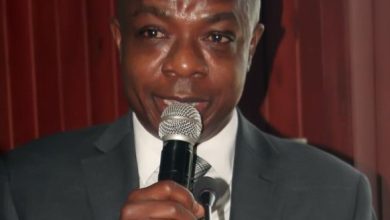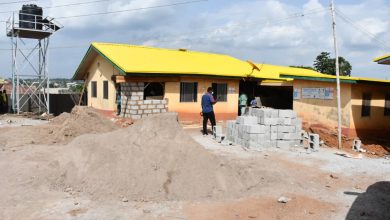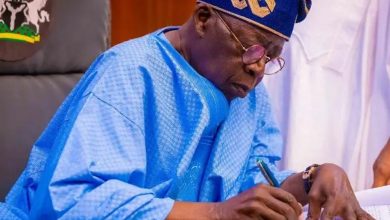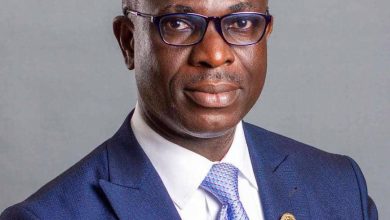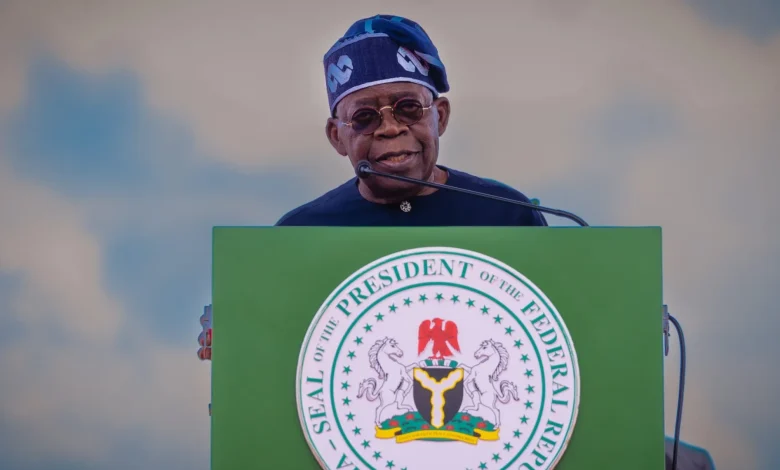
Twenty-Five Years of Unbroken Democracy: Impacts and Paths to Sustainable Development in Nigeria’s Fourth Republic
The Nigerian Fourth Republic, inaugurated on May 29, 1999, marked the end of a prolonged period of military rule and the beginning of a new era of democratic governance in the country.
Over the past twenty-five years, Nigeria has experienced continuous democratic rule, a significant milestone in its political history. This period has seen various impacts on the nation’s political, economic, and social landscapes and has opened discussions on paths to sustainable development.
The Nigeria’s journey to democracy has been fraught with challenges. Following independence from British colonial rule in 1960, the country experienced a series of military coups and periods of civilian rule.
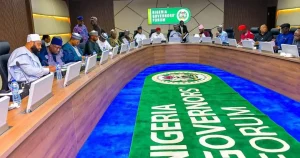
The first republic (1963-1966) was short-lived, ending in a military coup. Subsequent attempts at democracy in the second (1979-1983) and third republics (1993) also faltered due to military interventions.
The fourth republic’s inauguration in 1999 was a pivotal moment, marking the longest uninterrupted period of democratic governance in Nigeria’s history.
The continuous democratic rule no doubt has contributed to political stability. Regular elections have become the norm, fostering a political culture where power transitions through ballots rather than bullets. Though that was not to say the electoral process in Nigeria is perfectly perfect.
Democratic governance so far has led to the strengthening of political institutions such as the National Assembly, judiciary, and electoral bodies. These institutions play critical roles in maintaining checks and balances and promoting accountability.
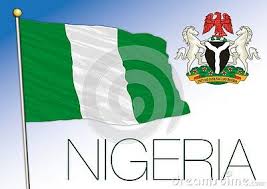
Hence, there has been an expansion of civil liberties, including freedom of speech, press, and assembly. Political participation also to a certain extent has increased, with more citizens engaging in the democratic process through voting and activism.
Economic Impacts:
The democratic era has seen various economic reforms aimed at liberalizing the economy, attracting foreign investment, and promoting private sector growth. Policies like National Economic Empowerment and Development Policy (NEEDS), National Poverty Eradication Program (NAPEP), Millennium Development Goals (MDGs) and later the Sustainable Development Goals (SDGs) among other Poverty Alleviation Programmes towards eradicating poor living standard in the country.
While there have been periods of economic growth, Nigeria still faces significant challenges such as poverty, unemployment, and inequality. The reliance on oil revenue makes the economy vulnerable to global oil price fluctuations.

Democratic governance has also led to increased focus on infrastructure development, though progress has been uneven. Initiatives in sectors like transportation, power, and telecommunications have seen varying degrees of success.
Social Impacts:
The democratic environment has enhanced awareness and advocacy for human rights and social justice issues. NGOs and civil society organizations play active roles in addressing issues such as gender equality, education, and healthcare. There have been efforts to improve education and healthcare services, though challenges remain in terms of funding, quality, and access. Government programs and international partnerships though have been pushed so far and aim to address these gaps.
Despite democratic governance, Nigeria faces persistent security challenges, including terrorism, insurgency in the Northeast (Boko Haram), banditry in the Northwest and Kidnapping cum ethnic conflicts in the South. These issues pose significant threats to stability and development.
Paths to Sustainable Development:
Strengthening governance structures and intensifying anti-corruption measures are crucial. Transparent and accountable governance will foster public trust and attract investment. Reducing reliance on oil by diversifying the economy is essential.

Developing sectors like agriculture, manufacturing, and technology can create jobs and reduce economic vulnerability. Investing in education, healthcare, and social services will build a robust human capital base. Policies that promote quality education and accessible healthcare are vital for long-term development. Accelerating infrastructure development and leveraging technology can drive growth. Investments in transportation, energy, and digital infrastructure will enhance productivity and competitiveness.
Addressing security challenges through comprehensive strategies that combine military, political, and socio-economic approaches is essential for creating a conducive environment for development. Promoting environmental sustainability through policies that address climate change, deforestation, and pollution will ensure long-term ecological balance and resource availability.
Finally, the twenty-five years of unbroken democracy in Nigeria’s Fourth Republic have brought significant political, economic, and social changes. While challenges remain, the period has also provided valuable lessons and opportunities for sustainable development. By focusing on good governance, economic diversification, human capital development, infrastructure, peace, and environmental sustainability and no doubt with sound socio-economic policies from leaders Nigeria can chart a path towards a more prosperous and stable future.
God bless Federal Republic of Nigeria and Happy Democracy Day.
Adekunle Alaye, PhD is Fellow, Council for the Development of Social Science Research in Africa (CODESRIA), Lecturer, Department of Political Science, Olabisi Onabanjo University, Ago-Iwoye,
FOOTNOTE: You want to share story with us? You want to advertise with us? You need publicity for product, or service, or event? Contact us on WhatsApp +2348073463653 or email penpushing@yahoo.com



